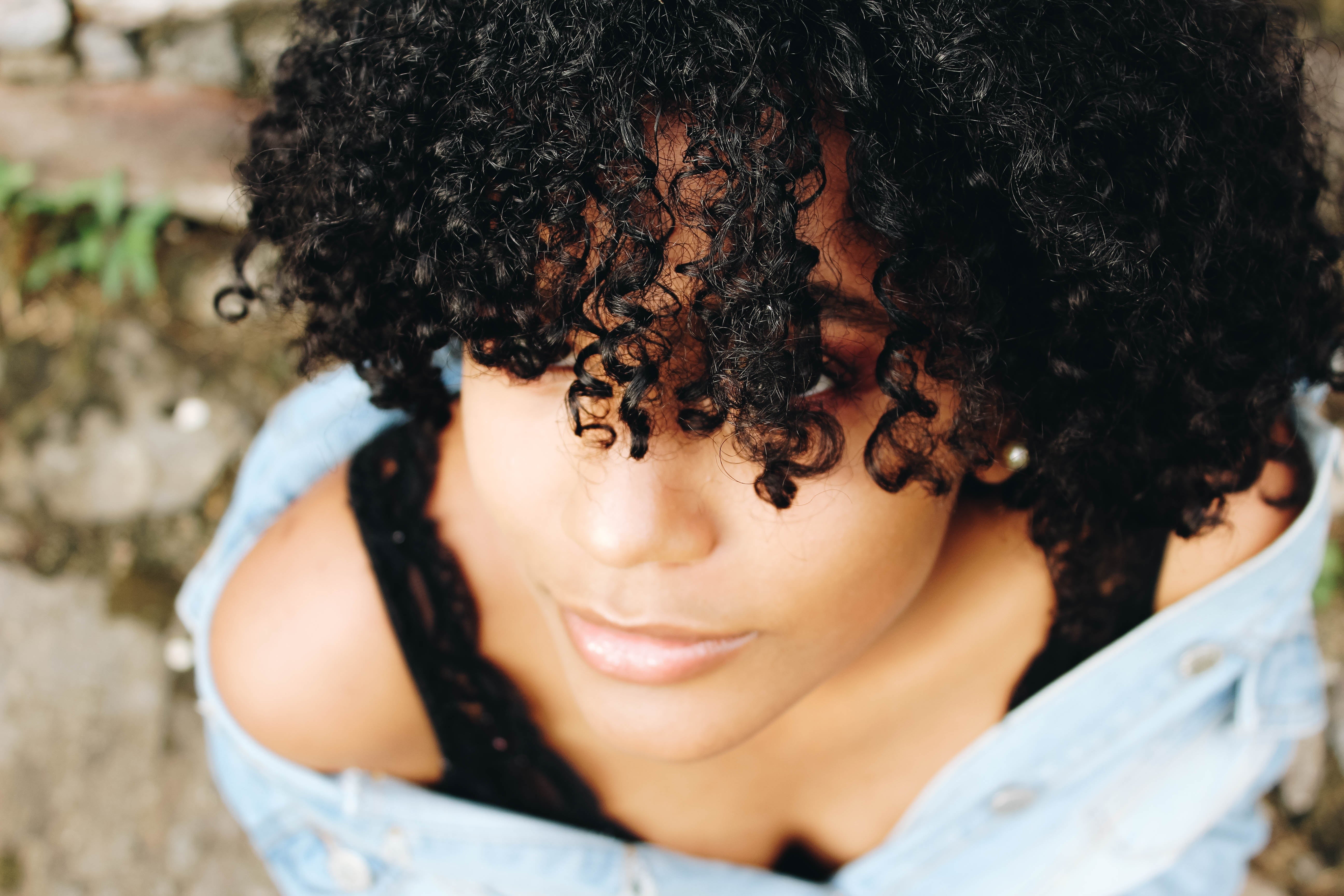It’s not a secret that the nuances of hair care can be a little confusing sometimes. For example, knowing the difference between dead ends vs. split ends is a neat party trick, but the real challenge is identifying it and then knowing what to do with your hair afterward. More often than not, it takes a professionally trained eye to identify these two types of damage to your hair accurately. Luckily, it does not usually take a professional to fix these problems from forming in the first place. Unless, of course, you were looking forward to a spa day.
Diagnosing Dead Ends on Curly Hair
Dead ends vs split ends on curly hair are two common issues that people may face. While they may seem similar at first glance, they are actually quite different and require different types of treatment. What the two share in similarities is that both of these problems are preventable with the right hair care routine using the right high-quality hair care products! Without further ado, let’s dive in.
When salon stylists or other hair care professionals refer to dead ends on curly hair, they are typically referencing the tips of the hair that have become dry and damaged due to a lack of moisture in the hair. However, dead ends damage can be caused by a variety of factors, such as excessive use of heat styling tools, chemical treatments, or not properly caring for your curls; proper care means regular washing with quality hair care products that has all the nutrients your hair needs to thrive. Dead ends on curly hair can also be caused by over-manipulation of the hair. Over-manipulation, such as constantly rubbing or pulling on it, is a common way to get dead ends.
Diagnosing Split Ends on Curly Hair
Now that you know what dead ends are, let’s talk about the most common problem experienced by anyone with longer hair: split ends. Split ends on curly hair refer to the actual splitting or fraying of the hair shaft. This can be caused by a number of factors, including over-brushing, overuse of heat-styling tools, and chemical treatments. Split ends on curly hair can also occur as a result of damage to the hair cuticle. The hair’s cuticle is the outermost layer of the hair shaft; this part of your hair anatomy is responsible for protecting the inner hair shaft from damage. When the cuticle becomes too worn from damaging hair products or excessively exposed to chemical treatments, the hair shaft could eventually begin to split apart. This usually begins near the ends of the hair shaft, hence the name “split ends.”
Dead Ends vs. Split Ends: What to Do Next
Preventing and treating dead ends on curly hair can be done at the same time. When treating your hair, it is important to focus on keeping your curls well-moisturized with a high-quality moisturizer for curly hair. This can be done by using a moisturizing shampoo and conditioner and by applying an ultra-hydrating leave-in conditioner. You can also use a moisturizing oil on your hair before styling. Additionally, during this period of recovery for your hair, try to avoid using heat styling tools and chemical treatments as much as possible. Once your dead ends have been managed, slowly work back into your regular hair care routine but remember to avoid harsh chemical treatments and using low-quality hair care products.
Because split ends on curly hair are most commonly caused by rough handling, it is important to avoid over-brushing and avoid using heat-styling tools. Since split ends cannot be repaired, it’s important to focus on preventing the splitting, to begin with. This can be done by keeping your hair properly trimmed to remove any split ends that may have already formed. Additionally, you can use hair oils, such as castor oil or coconut oil, to help strengthen the hair and prevent split ends from forming in the future. If you’ve already got split ends, be sure to get the ends trimmed to prevent the hair shaft from splitting higher up near the scalp.
Learning About More Than Just Dead Ends Vs Split Ends
Dead ends and split ends are two different types of hair damage that can occur in all hair types, especially in curly hair. Being proactive by using premium quality hair care products is the best way to prevent these problems from starting in the first place. At Miss Jessie’s, we have the best curly hair products in the hair care industry! Contact us today for any questions about how to use our amazing hair care products to restore your hair and keep your lovely curls looking lush and plush.



